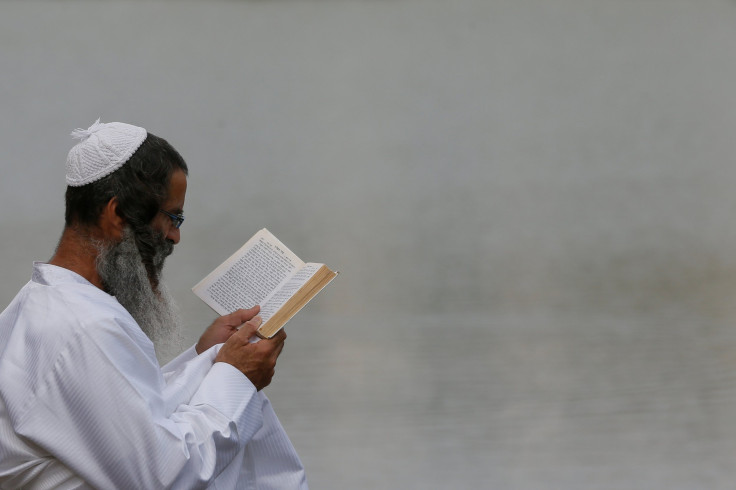How Rosh Hashanah Will Change Due To The COVID-19 Pandemic

The Jewish faith is about to embark on the highest holy days of the year with the celebration of the Jewish New Year, also known as Rosh Hashanah. However, this year’s celebrations may be a bit different for Jewish families around the globe due to the ongoing COVID-19 pandemic.
Traditionally, those who celebrate the period of high holy days, starting with Rosh Hashanah and culminating with Yom Kippur, attend religious services at a synagogue, light candles at home and eat a traditional meal which includes apples and honey. However, at least when it comes to religious services, things will be different this year.
According to The New York Times, synagogues are moving services outdoors, spacing seats out to comply with social distancing, masking shofar horns and moving services online entirely. USA Today also reported that congregants will be bringing their shofars outdoors and sounding them simultaneously this year due to the lack of indoor services in some cases.
While Rosh Hashanah is the first major holy holiday of the Jewish faith to occur during the pandemic, it isn’t the only holiday in the religion that was affected by the pandemic, as Passover, which was celebrated in April, also saw Jews forced to adapt from their traditional celebrations and gatherings of large family seders. However, there is still a fundamental difference between the two celebrations, with the High Holy Days largely centered around the synagogue, making adaptation harder this time around.
“Passover is a home holiday, and every Passover Seder looks different” Rabbi Benjamin Berger, vice-president for Jewish education at Hillel International told New York Times. “The High Holy Days are not that at all.”
The Pandemic has not just affected celebrations in the United States however, as Jews in Israel are also being forced to adapt their holiday celebrations around the country’s second major lockdown, which started just hours before the holiday, to stem a large outbreak.
According to reports, due to the lockdown measures, movement is restricted to only within 500 meters of one’s home, with gatherings limited to just 10 people indoors and 20 outdoors, while bars, restaurants and other venues are all shut down.
Rosh Hashanah begins at Sundown Sept. 18 and ends at Sundown Sept. 20. Yom Kippur, the day of repentance and fasting, will take place from Sundown on Sept. 27 until Sundown on Sept. 28.
© Copyright IBTimes 2025. All rights reserved.




















